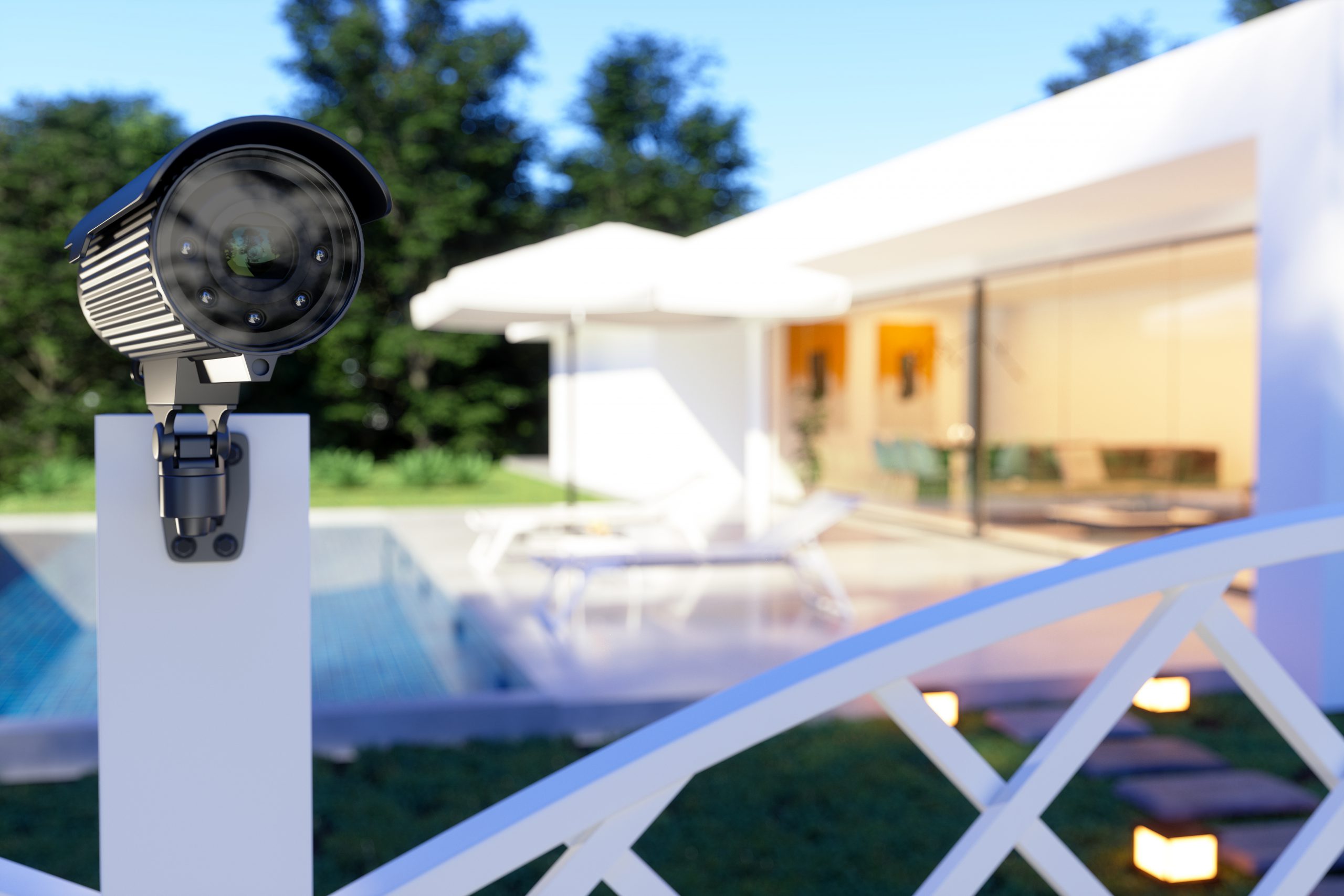
Installing fake security cameras at the front of your home to deter thieves and burglars may offer a certain peace of mind, but it doesn’t actually cost very much to use proper equipment.
Buyers see a professionally installed alarm system or camera set-up as an asset while bars on windows and doors can be off-putting. So, unless the area requires it, be prudent with your security commitment.
The various state laws that apply to security equipment are often overlooked by homeowners, causing problems with neighbours who think they’re being spied on.
Below, we’ve summarised for general purposes each state’s approach to security cameras on a residential property. We highly recommend seeking a professional legal opinion if you have a specific issue.
Rules for residential and business-related security cameras are on the Office of the Australian Information Commissioner (OAIC) website.
Neighbours can formally object to a camera by taking their complaint to the state or territory’s Attorney-General’s Department.
The federal Privacy Act does not cover security cameras in the home and therefore relies on state-based laws. Generally, video with audio is looked upon unfavourably.
NSW
Its Surveillance Devices Act requires the permission of affected neighbours before cameras are installed. If you include audio, then those being recorded must give explicit consent.
Victoria
Its act says recording private activity without permission is illegal.
Queensland
You can’t use cameras to pry, such as filming a bedroom or bathroom. If you upset neighbours by covering any part of their property, they can complain to the police. Private conversations that don’t involve you cannot be recorded under the state’s Invasion of Privacy Act.
Western Australia
Conversations and private activities cannot be recorded without consent. Installers should be licensed.
South Australia
No audio or private activity can be recorded without consent. So, consult any potentially affected neighbours before installation.
Tasmania
No audio can be recorded without permission unless used to capture property damage or violent acts.
Northern Territory
Its act also requires third-party permissions and bans private activities without consent.
ACT
Private conversations cannot be recorded, and permission is required to film the private activities of third parties.
Bottom line
Take a practical, neighbour-friendly approach and discuss why you wish to install surveillance equipment before you go to the trouble and expense of installation.
